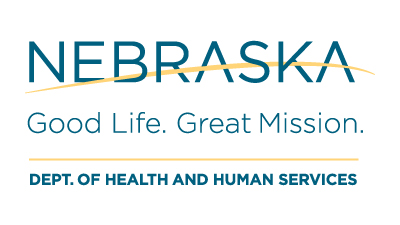![]()

Women have a one in eight chance of being diagnosed with breast cancer according to the Centers for Disease Control and Prevention (CDC).
On average, 310,720 women are diagnosed with breast cancer each year in the United States; approximately 1,770 of those are Nebraska women. Navigating the journey of a breast cancer diagnosis is difficult but there is hope. Advancements in early detection methods and support continue to increase the chances of survival. When caught in its earliest, localized stages, the five-year relative survival rate of breast cancer is 99%.
The Nebraska Department of Health and Human Services recognizes October as Breast Cancer Awareness Month which provides an opportunity to discuss the importance of prevention and screening and to promote resources available to Nebraskans. Women are leading full lives with breast cancer as a result of earlier detection through screening tests and exams, as well as improved treatment options.
“The CDC recommends that women 40-72 years old who are at average risk for breast cancer get a mammogram every two years,” said Dr. Timothy Tesmer, DHHS Chief Medical Officer. “Breast cancer, while significantly more common in women than men, can happen to anyone. We must support our community members who have been diagnosed with breast cancer and spread awareness surrounding the importance of routine preventive screening.”
An important resource for under or uninsured Nebraskans is the Every Woman Matters (EWM) program. EWM is a federally funded program that pays for office visits associated with pap tests, pelvic exams, clinical breast exams, age-appropriate mammography, and diagnostic and follow-up tests.
The first step to enrolling in EWM is filling out the Healthy Lifestyle Questionnaire to determine what services are best for you. The questionnaire can be found at: https://bit.ly/EWM-NCP-HLQ.
Preventive health screenings are important. Enroll today! EWM is here for you so you can be there for your family and loved ones. For more information, visit https://dhhs.ne.gov/Pages/Womens-and-Mens-Health.aspx or call 800-532-2227.
